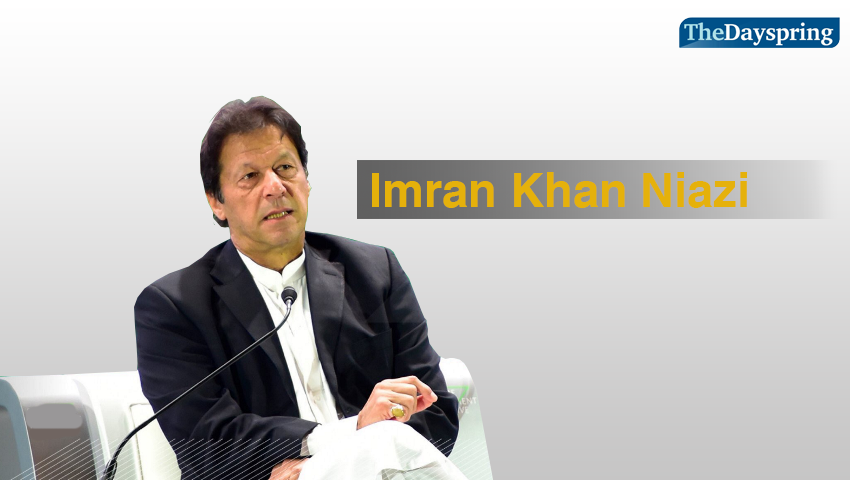By: Hadia Mukhtar
Modern diplomatic framework and multi-lateral efforts have incorporated both high and low politics ranging from issues of use of force to trade to environment, human security, education, health and science. Thus, it became apparent that the scope and scale of multilateralism established after the end of the Second World War has enlarged particularly in the context of rising environmental concerns which continue to pose non-traditional security threats globally.
Under the elaborate architecture of environment governance, there are more than 500 multilateral agreements covering every dimension of environment. Also, the universal nature of UN environment assembly ensures that environmental policies concerning climate change, ozone depletion, biodiversity and ramifications of global warming on comprehensive global security strive to address emerging challenges that transcend national boundaries.
With climate change, particularly, becoming the crisis of our time, it is imperative for a specialized group of diplomats to cater to this issue with a heavy agenda and multiple meetings and delegations. Such set-up would require strong institutional support along with novel skills and knowledge to uphold the dynamics of environmental multilateralism while securing national interests and strengthening the foundation of international environment governance at the same time.
Nonetheless, with the influence of academia, scientific institutes, activists, philanthropist and civil society in the existing international environment framework, it is evident that the outreach and scope of the movement have been enriched and revolutionized.
However, a lot more needs to be done at the backdrop of emerging populist and nationalist rhetoric that have posed impediments towards the essential collective spirit of UN and multilateral world order. In order to tackle global challenges, prudence lies in collaborative efforts and restructuring the20th century makeup of UN to address the emerging concerns of the 21st century.
In this respect, as UN secretary general, Antonio Guterres, claims, reinvigorated multilateralism is the need of the hour to tackle food insecurity, rising global inequalities, poverty, conflicts and economic meltdown.
It is undeniable that fomenting the framework of environmental multilateralism will remain an arduous task but it can be made easier by the efforts of environment activists as they continue to educate the world about the perils of climate change and man’s relentless war with nature.
The writer is a geopolitical analyst with a keen interest in international politics. I can be reached at [email protected]








